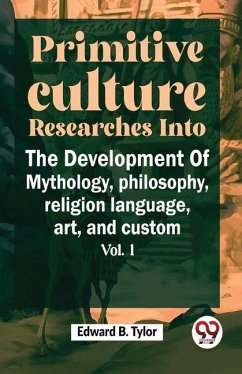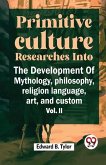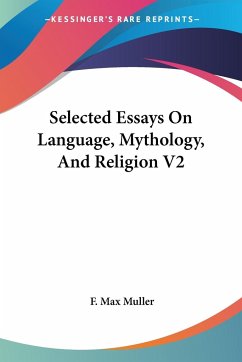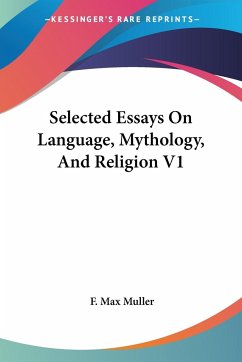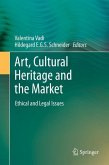Edward B. Tylo wrote "Primitive Culture" as a two-volume book. The first volume, with the subtitle "Researches into the Development of Mythology," explores the nature and historical development of human civilization, especially as it relates to religion and mythology. In this book, Tylor makes the case that animism-which he defines as the conviction that everything in the world possesses a soul or spirit-has arisen in some form across all societies. He contends that this conviction is an essential component of human culture and that it had a major influence on the creation of mythology and religion. Tylor uses examples from a variety of civilizations and societies-such as the mythology and religious practices of the ancient Greeks, the Native American tribes of North America, and the indigenous people of Australia-to illustrate his points throughout the book.
Hinweis: Dieser Artikel kann nur an eine deutsche Lieferadresse ausgeliefert werden.
Hinweis: Dieser Artikel kann nur an eine deutsche Lieferadresse ausgeliefert werden.

